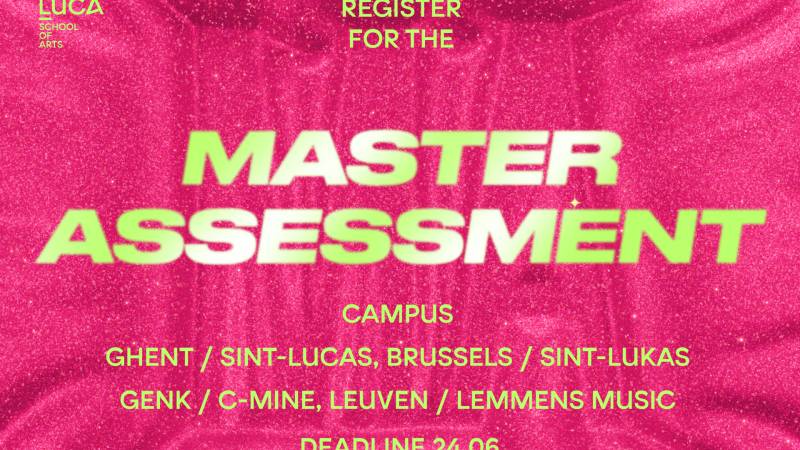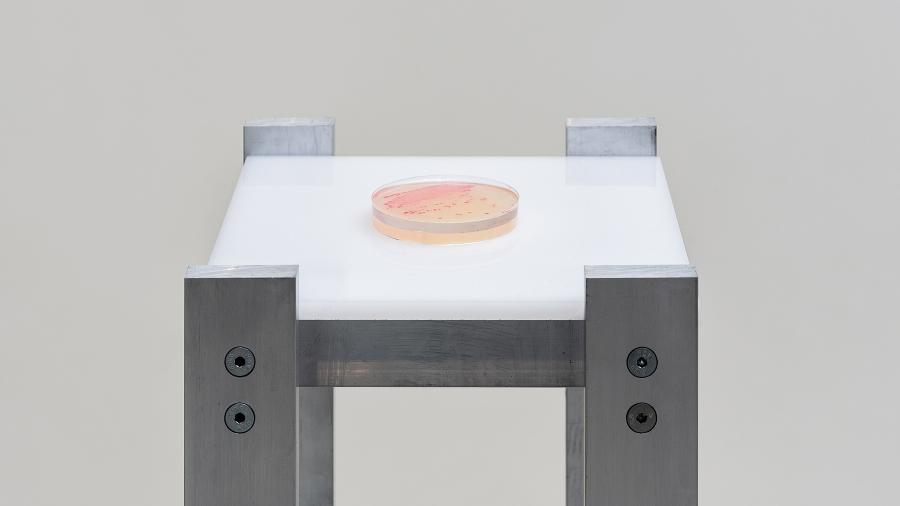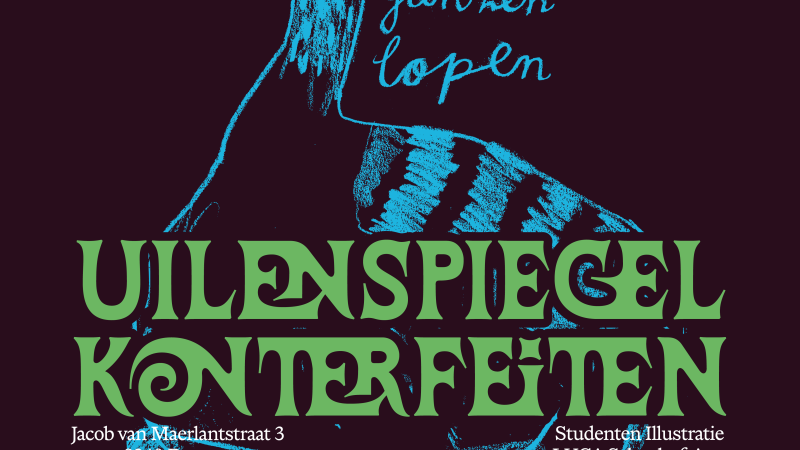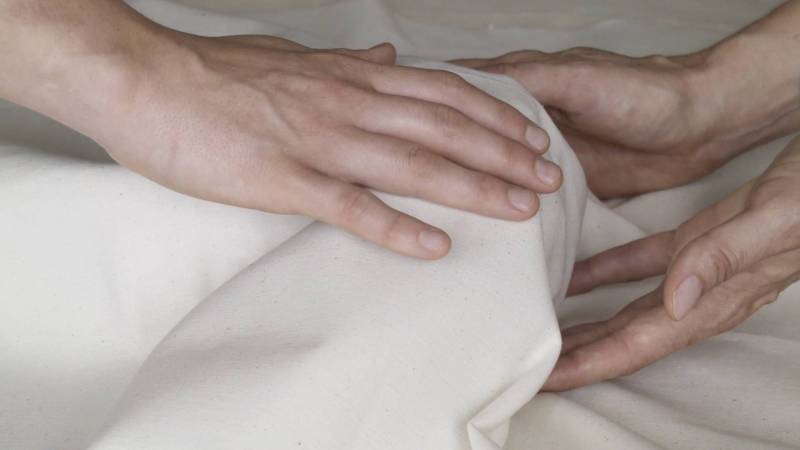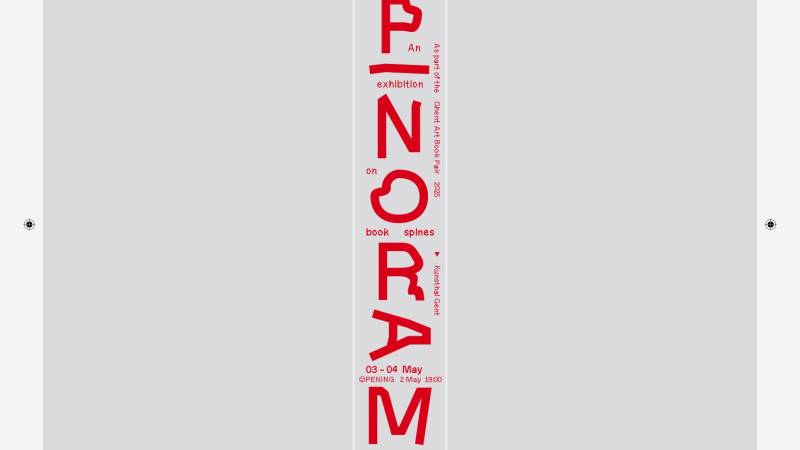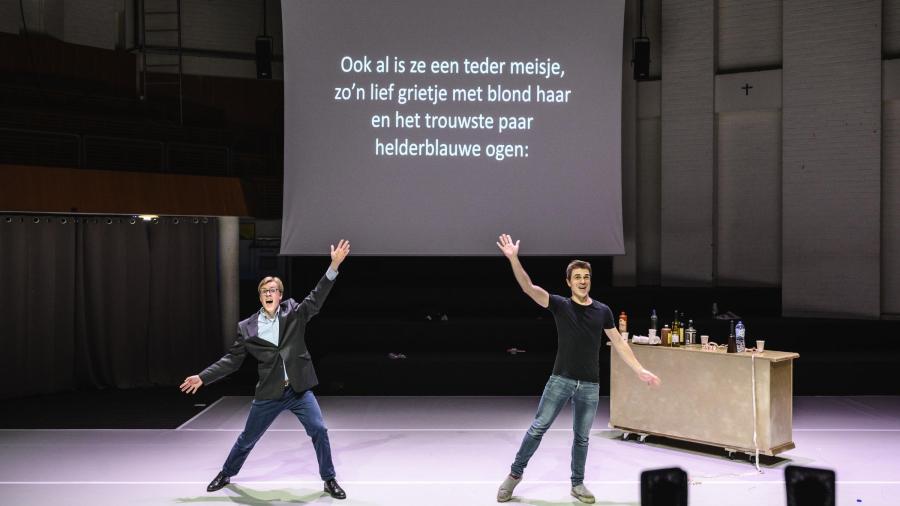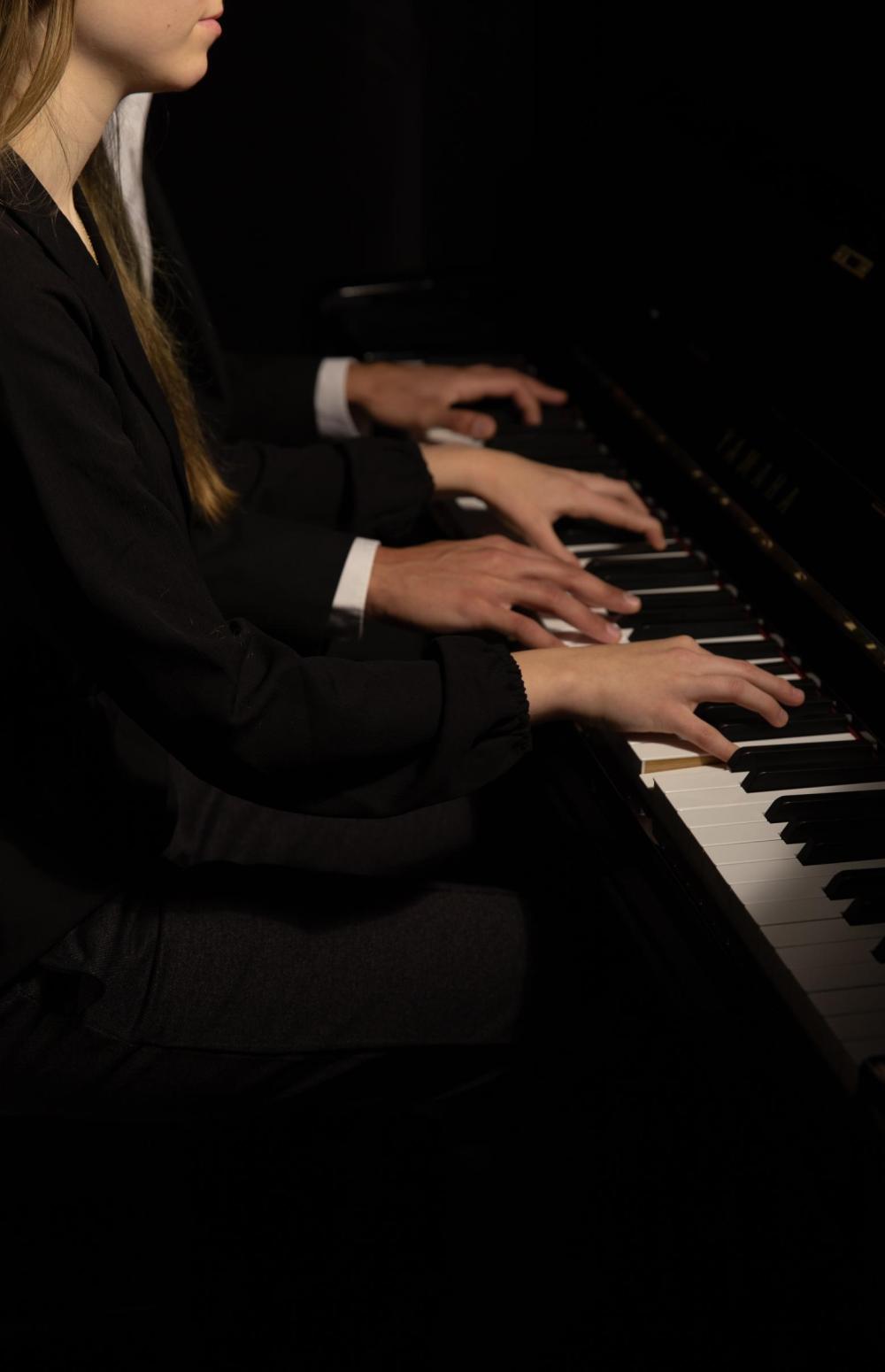
LUCA School of Arts - campus Lemmens
Lemmensberg 3
3000 Leuven
Chamber Music Hall
Four piano's
LUCA Piano
Alessandro Cervino, coach
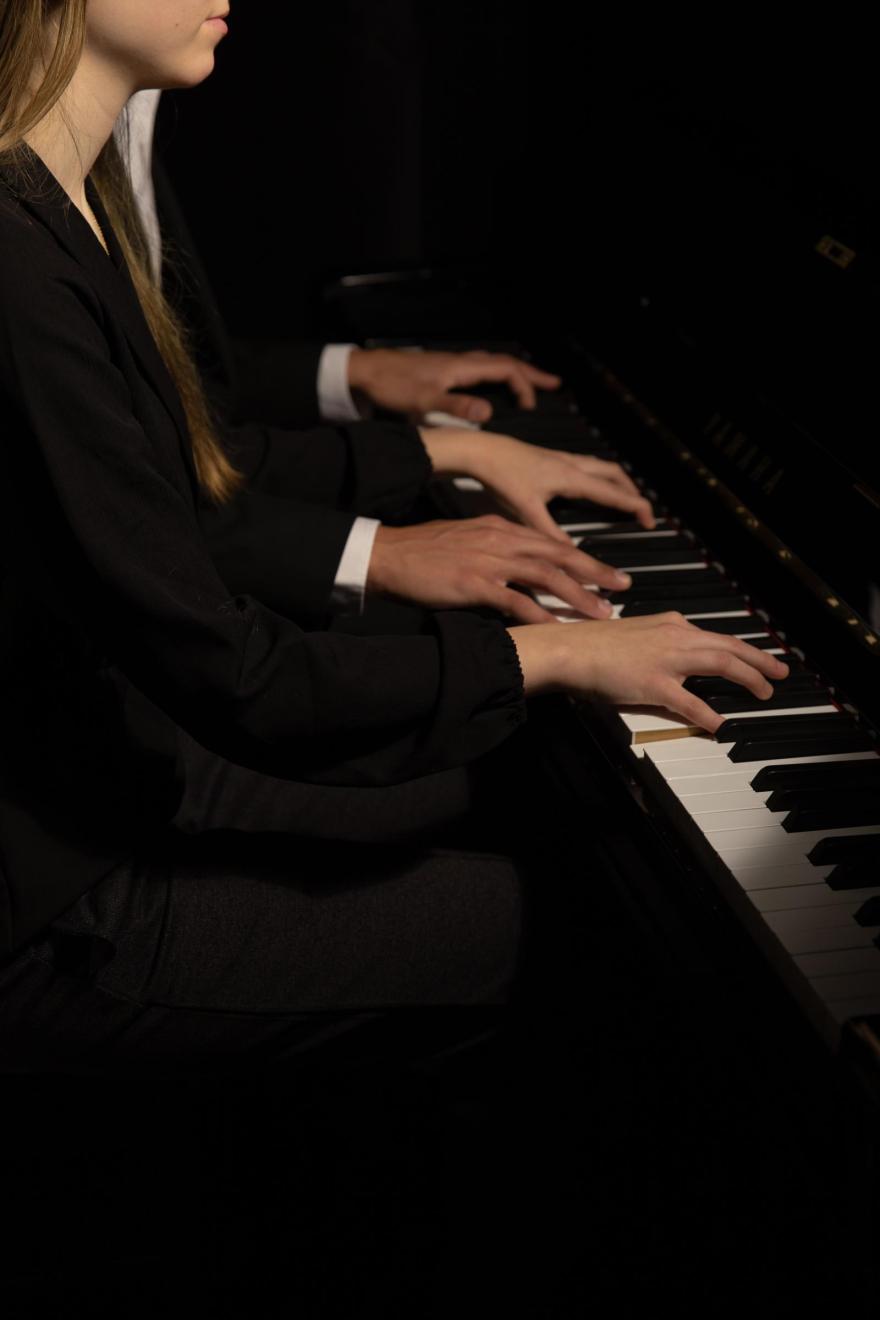
Programme:
- Bedric Smetana – Ouverture to the Bartered Bride (arr. for 4 pianos from Marcus Kretzer)
- Bedric Smetana – Memories of Pilsen (arr. for 4 pianos from Jiří Gemrot)
- Bedric Smetana - Triumphal Symphony in E major, Op. 6, Scherzo (version for 4 pianos from the composer himself)
- Bedric Smetana – Richard III, symphonic poem (version for 4 pianos from the composer)
- Darius Milhaud – Paris, suite for 4 pianos
- Werner Genuit – Pieces for 4 pianos
- Maurice Ravel – Bolero (arr. for 4 pianos from Werner Genuit)
- Creations for 4 pianos from composition students LUCA School of Arts
Czech composer Bedřich Smetana (1824-1884) studied music at the Prague Conservatory against the advice of his parents. Afterwards, he got successive jobs as a music teacher with a wealthy family and as a teacher and conductor in Sweden, where he settled for ten years from 1856. Back in the Czech Republic, he became conductor of the National Theatre, where he devoted himself mainly to the performances of Czech operas. After contracting a Syphilis infection, Smetana became deaf.
Smetana wrote his Triumphal Symphony in E major (1854) on the occasion of the expected enthronement of Emperor Franz Josef, a coronation that unfortunately never took place. The third movement, or Scherzo, is often performed as a work in its own right, separate from the imperial theme associated with the symphony. The scherzo is fresh and rousing, at times also youthfully naive.
Very different is his symphonic poem Richard III, named after William Shakespeare's work of the same name. The political influences are clear: Richard of Gloucester aspires to the throne and does not shy away from violence. Anyone who gets in his way will pay dearly for it. Richard III is portrayed as a ruthless, narcissistic man. In the end he is defeated by Henry Tudor - also haunted by the ghosts of all those he killed in his struggle for power.
Darius Milhaud (1892-1974) fled France before World War II even broke out and went to the United States, where he taught at Mills College in Oakland until 1948. Paris Suite came about shortly after his return to France and it testifies to Milhaud's renewed view of the city and its sights. The suite exudes joie de vivre and happiness. The highlight is surely the last movement, ‘Eiffel Tower’, in which, like the tower of the same name, the music manages to reach a vertical climax. Multiple octaves create the different floors, as it were. The music brings the tower to life.
First trained as a baker, German pianist and composer Werner Genuit (1937-1997) studied piano at the Nordwestdeutsche Musikakademie. As a concert pianist, he travelled the world with numerous orchestras. Between 1970 and 1982, he held successive teaching appointments at the Hochschule für Musik Detmold and the Hochschule für Musik Karlsruhe.
A household name in music history is the Bolero (1928) by Maurice Ravel (1875 - 1937). Ravel wrote the work for the Ukrainian ballet dancer Ida Rubenstein. Immediately after its premiere in Paris, the work became a huge success. To this day, it is performed in its original form, as well as in numerous arrangements. The story outlines how a Spanish girl at an inn dances the bolero on a table, applauded by the men gathered around the table. Eventually, she becomes enraptured. Although Ravel regarded his bolero (actually a Spanish dance in a three-quarter time) more as a study in orchestration and the work an sich seems no more than a continuous repetition of two themes and a fixed rhythm by the small drum, it is precisely this simplicity that manages to evoke a tension that climaxes towards the end.
Buy your tickets below.
Free entrance for staff and students of LUCA/KSO
